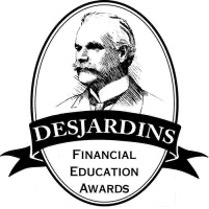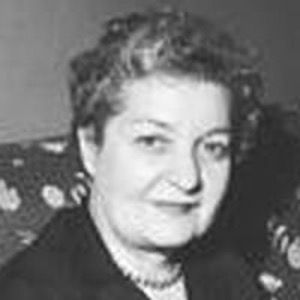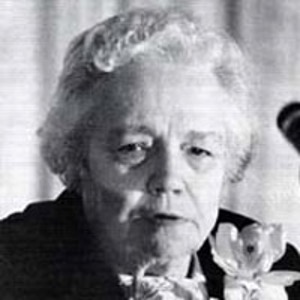Awards and Recognition
Hall of Fame Awards
The Tennessee Credit Union Hall of Fame was created in collaboration with Volunteer Corporate Credit Union in 2010 to recognize the commitment, leadership, and dedication deserving individuals have made to the Tennessee credit union movement.
Tenure of service, contributions, achievements, and the impact the individual has made, not only at their respective credit union(s) but also in the industry, are among the considerations.
The Hall of Fame was created to honor those in the credit union movement who reflect a history of service to credit unions. Nominees are selected for their records of achievement within their own credit union and for achievements that have benefited many credit unions. These persons are inducted into the Hall of Fame because they have been key players in organizing and running credit unions. Beyond that, they contributed to other credit unions through service to the chapters, the Tennessee Credit Union League, Volunteer Corporate Credit Union, and in some cases, the Credit Union National Association.
Eligibility
Tennessee Credit Union League-affiliated credit union employees and volunteers are eligible for this award.
This includes retired credit union professionals and volunteers who enjoyed distinguished careers in the movement.
Nomination Procedures
Nominations are now being accepted for the 2024 Hall of Fame Inductees.
Inductees are chosen by a panel of judges who consider the following criteria when making their selections:
- Years of service to the credit union system;
- Positions of leadership on the state, local or national level;
- Demonstrated commitment to the credit union philosophy and services; and
- Credit union system educational accomplishments and support.
The Hall of Fame Inductees will be honored during the Awards Ceremony at the Tennessee Credit Union League Annual Convention and Expo in Gatlinburg, TN.
NOMINATIONS ARE DUE MARCH 8, 2024.
State Level Awards
The state-level judging deadline for credit unions and chapters is June 30.

Desjardins Financial Education Award Programs
CUNA created the Desjardins program to recognize leadership within the credit union movement on behalf of financial literacy for all ages. The recognition program considers all activities supporting the personal finance education of members and non-members, including, but not limited to, face-to-face teaching using proprietary materials and curricula, such as the NEFE High School Financial Planning Program® (HSFPP), as well as financial literacy leadership efforts.
Naming the award after Alphonse Desjardins emphasizes the movement’s long-time commitment to youth. Besides founding the first credit unions in Canada and the U.S., Desjardins pioneered youth savings clubs and in-school “banks,” known as caisses scolaires.
The Dora Maxwell Social Responsibility Community Service Award

The Dora Maxwell Social Responsibility Community Service Award is given to a credit union or chapter/multiple credit union group for its social responsibility projects within the community. The award is given for external activities.
Eligible Activities
Credit unions could receive the award for involvement in almost any kind of activity that helps other people or strengthens the structure of a community. This may include raising funds for charity, educational activities, or community involvement projects, such as a volunteer fair, building low-income housing, or loaning employees a few hours a week to work in hospitals, retirement homes, schools, etc.

The Louise Herring Philosophy-in-Action Member Service Award
The award is given to a credit union for its practical application of credit union philosophy within the actual operation of the credit union. It is awarded for internal programs and services that benefit the membership.
Eligible Activities
Credit unions could receive the award for programs or policies that demonstrate their commitment to the practical application of the “People-Helping-People” philosophy.
Examples Include
- Provisions for the small saver or borrower
- Member programs for groups that are often economically challenged
- Internal programs or services that help to differentiate the credit union from other financial services providers
- Programs that do an extraordinary job of encouraging thrift and provide a source of unbiased money management and consumer information, which would be difficult or impossible to obtain elsewhere.
- Evidence of an exceptional degree of service to members